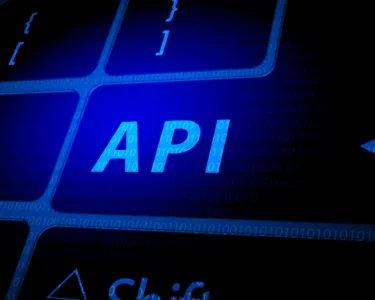More small and mid-sized businesses are relying on AI to draft legal documents like NDAs, service agreements, and employment contracts. Tools like ChatGPT, Claude, and Jasper are being used to speed up contract creation, reduce legal costs, and simplify repetitive tasks. But a critical question is now surfacing in courtrooms: are these AI-authored contracts actually enforceable?
Technically Valid, But Not Risk-Free
A contract written by AI can still be valid if it meets traditional legal standards:
- Mutual agreement between parties
- A lawful purpose
- Consideration or something of value exchanged
- Legal capacity to enter into an agreement
Courts have not rejected a contract simply because AI helped write it. If both parties understand and agree to the terms, the contract is likely enforceable. However, problems arise when the AI output includes vague, inconsistent, or incomplete language.
The Bigger Risk is Structural Integrity
AI can mimic legal tone convincingly, but it lacks contextual awareness. It often produces contracts that miss jurisdiction-specific requirements, overlook key clauses, or include boilerplate that conflicts with actual business needs. Common issues include:
- Arbitration or venue clauses that contradict state laws
- Missing data privacy terms in customer agreements
- Vague definitions of scope, fees, or deliverables
- IP ownership terms that are unenforceable in certain states
Some tools even fabricate clauses or references, giving the illusion of legal soundness while exposing businesses to risk.
Real Cases Are Emerging
In Chambers v. Axis Solutions Inc (2024, California Superior Court), a dispute over a project delay brought an AI-generated service contract under scrutiny. The court found the contract’s limitation of liability clause unenforceable because it was “poorly structured and failed to meet state disclosure requirements.” The company admitted the contract had been created using AI without legal review.
The court did not rule against the use of AI, but it reinforced that companies are still responsible for the legal accuracy of what they sign.
How to Use AI Responsibly in 2025
If you’re using AI to assist with contracts, here are safeguards to put in place:
- Treat AI as a drafting tool, not a substitute for legal review
- Always have a licensed attorney review final documents
- Use AI to edit and adapt existing templates, not to draft from scratch
- Be cautious of hallucinated clauses, incorrect references, or undefined terms
- Maintain a record of which tools were used, in case the contract is later questioned
Conclusion
AI-generated contracts are not automatically invalid. But they are only as strong as the review process behind them. Courts in 2025 are beginning to draw a clear line: using AI is fine, ignoring basic legal standards is not.
If you’re using AI to speed up legal workflows, make sure you’re not cutting corners where it matters most.





